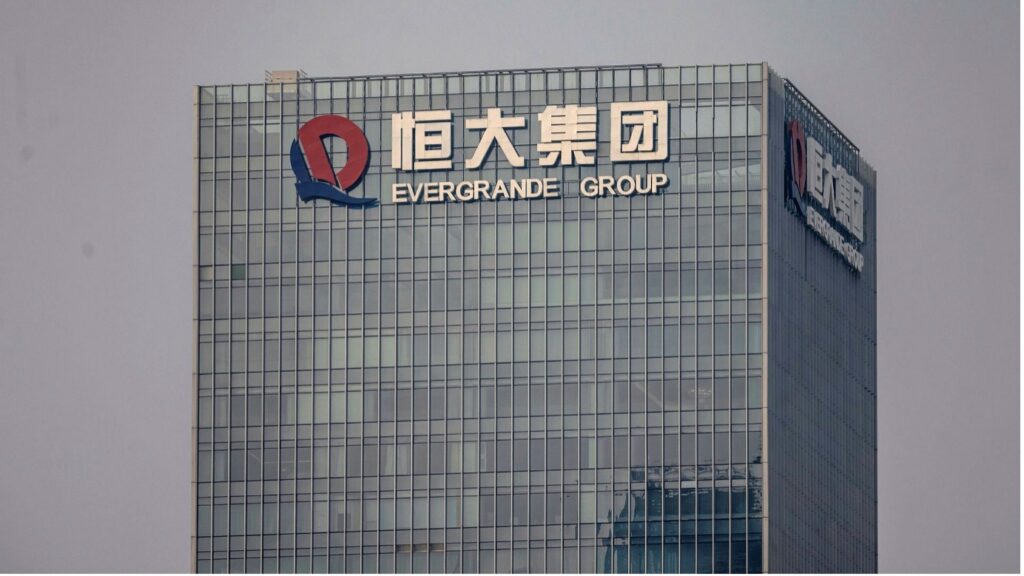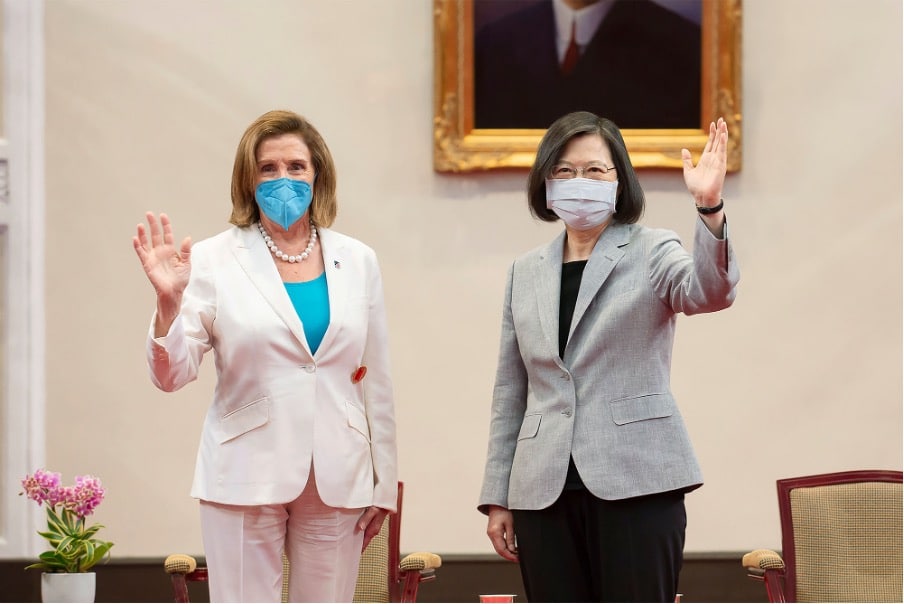With US-listed Chinese tech stocks at bargain levels, the temptation to buy the dip should be tempered with the sizeable risks.
With the likes of Alibaba, Jong Dong, and NIO, alongside dozens of other US-listed Chinese tech stocks free falling through 2022, the recent spike is causing investors to reconsider their Chinese positions.
However, there are four strong reasons to be wary.
1) Pandemic cycles
While the west appears to have put the pandemic to bed for now, the situation is not yet contained in the east. Chinese-developed vaccines have now been proven to be significantly less effective than UK and US-developed alternatives, such as those created by AstraZeneca and Pfizer.
This poses a problem for Chinese stocks, as the country is sticking to its controversial ‘zero-covid’ policy that continues to see its largest port Shanghai, as well as millions of citizens, stuck in what Nomura analyst Lu Ting calls a ‘Covid Business Cycle’ of endless lockdowns.
Ting argues that ‘the duration and severity of CBCs appear quite random due to the uncertain nature of Covid-19…markets have become overly optimistic about growth’ in H2.’
Worryingly, China’s GDP grew by only 0.4% in Q2, its second lowest rate of growth ever.
Analyst consensus is for full-year growth of just 3%, below the official 5.5% target. And with a global recession coming, even this is not guaranteed.
Further, a potential $220 billion stimulus package has now been ruled by China’s Communist Party over fears of inflation and weakening its message that companies should succeed without government intervention.
Moreover, Chinese consumption is collapsing alongside consumer sentiment. The People’s Bank of China Q2 confidence survey shows household employment expectations are at their lowest since the 2008 financial crisis, with more than half of households now planning to save more to shore up their finances against recession.
2) Asian Financial Crisis: part two?
China is the largest institutional lender to multiple countries surrounding its borders. And with recession worsening, these countries may now never be able to repay their debts.
Sri Lanka’s financial collapse is the worst of all; inflation has soared above 50% as it grapples with food, medicine, and petrol shortages. Its President has fled the country from rioting, and IMF Director Kristalina Georgieva cautions other countries in the region ‘with high debt levels and limited policy space will face additional strains.’
It’s not hard to identify these others with their significant problems; Bangladesh, Pakistan, The Maldives, and Laos are all suffering from high inflation and economic chaos as the fallout of the pandemic continues.
3) Real estate collapse
Property is the lifeblood of the Chinese economy, with the $2.4 trillion market by some estimates worth 30% of the country’s annual GDP.
However, Evergrande has sparked something of a crisis in the sector, which many Chinese have always believed the solution to acquiring dynastic wealth. Domestic house prices have been falling for a year now, and sales down by more than 40%.

And it’s not just Evergrande at risk of collapse. Shimao Group has missed $1 billion of interest payments, joining Ronshine and Sunac in the unfortunate group of financially shaky property developers. China’s attempts to bring its massive corporate debt under control could be about to backfire spectacularly.
And as property developers start to accept non-cash down payments such as food, mortgage boycotts are spreading rapidly through China’s largest cities.
This is because property developers usually take deposits and mortgage payments for accommodation that has not yet been built — but mortgagees are now worried that their homes may never be completed by cash-strapped developers.
4) Regulatory chaos
US-listed Chinese stocks remain at regulatory risk from both sides of the Pacific. In China, the crackdown on so-called ‘platform’ stocks means many are at risk of large fines at any time.
But the real problem lies in the deteriorating socio-political US-China relationship. At first, it started with demands from the US that its Public Company Accounting Oversight Board be allowed to audit Chinese stocks listed in the US. While China was resisting this demand over security concerns, a ham-fisted compromise seemed the most likely outcome.
That is, until now.
China has continued to regard Russia as a ‘strategic partner’ despite the Ukraine war, happily buying oil and other goods that is significantly undermining western sanctions. With this political pressure as a backdrop, US House of Representatives Speaker Nancy Pelosi’s diplomatic visit to Taiwan has sent tensions into overdrive.

China has called the visit to the contested island ‘brazen,’ promised ‘criminal punishment measures,’ and practised war games in Taiwan’s territorial waters. The risk of all-out war between China and Taiwan is escalating.
And this leaves the chance of US-listed Chinese tech stocks being delisted far higher than ever before.
